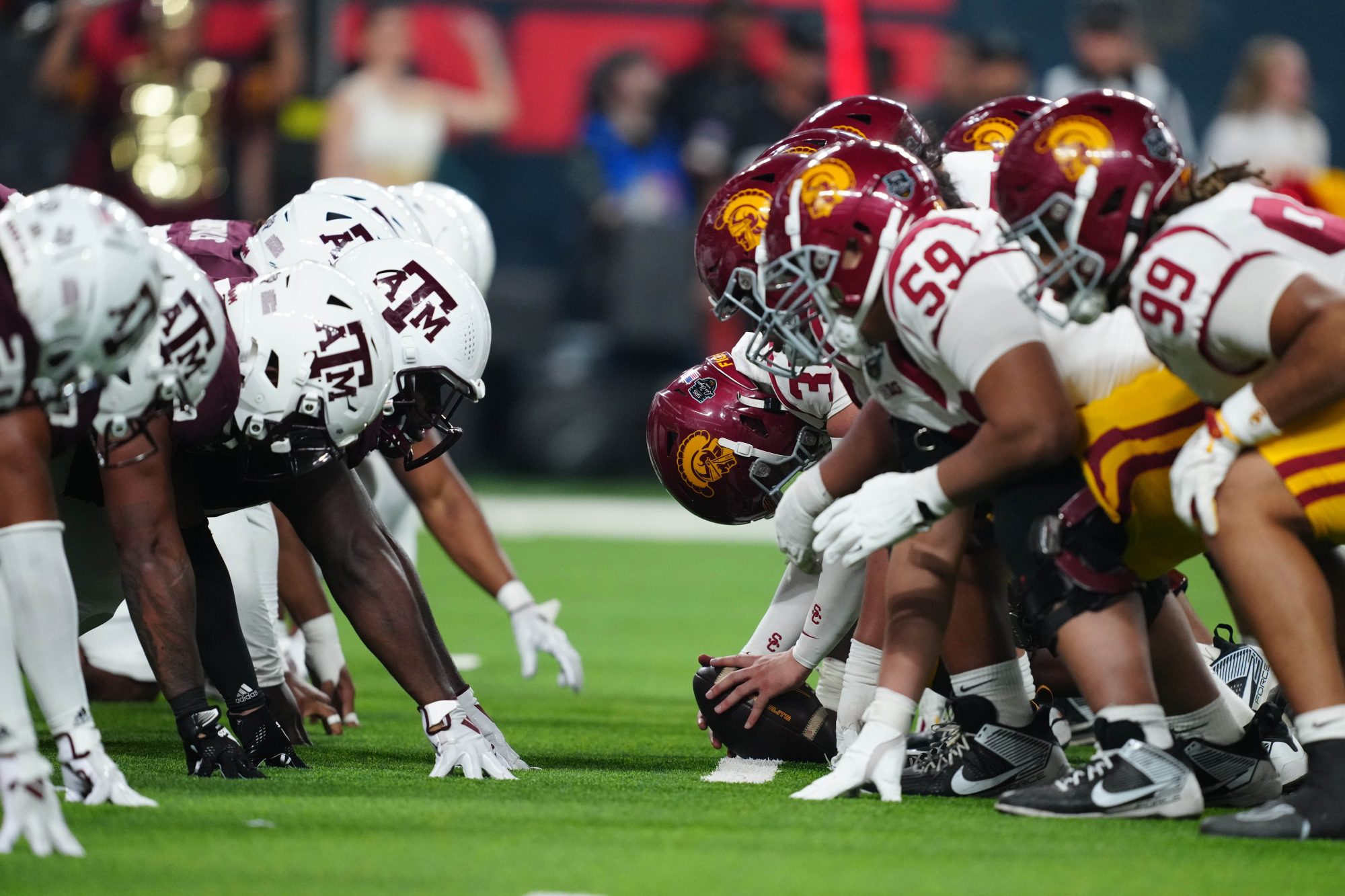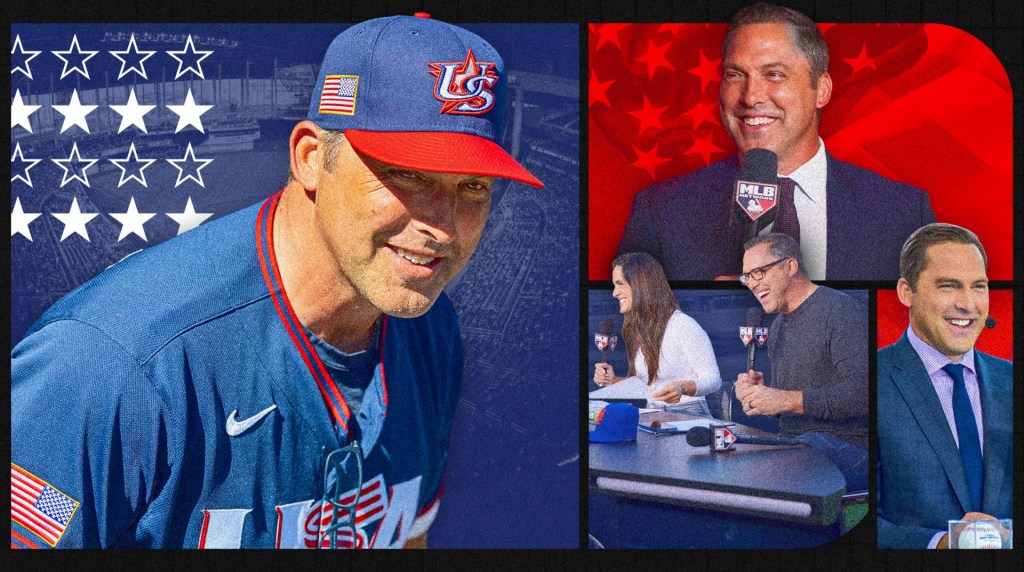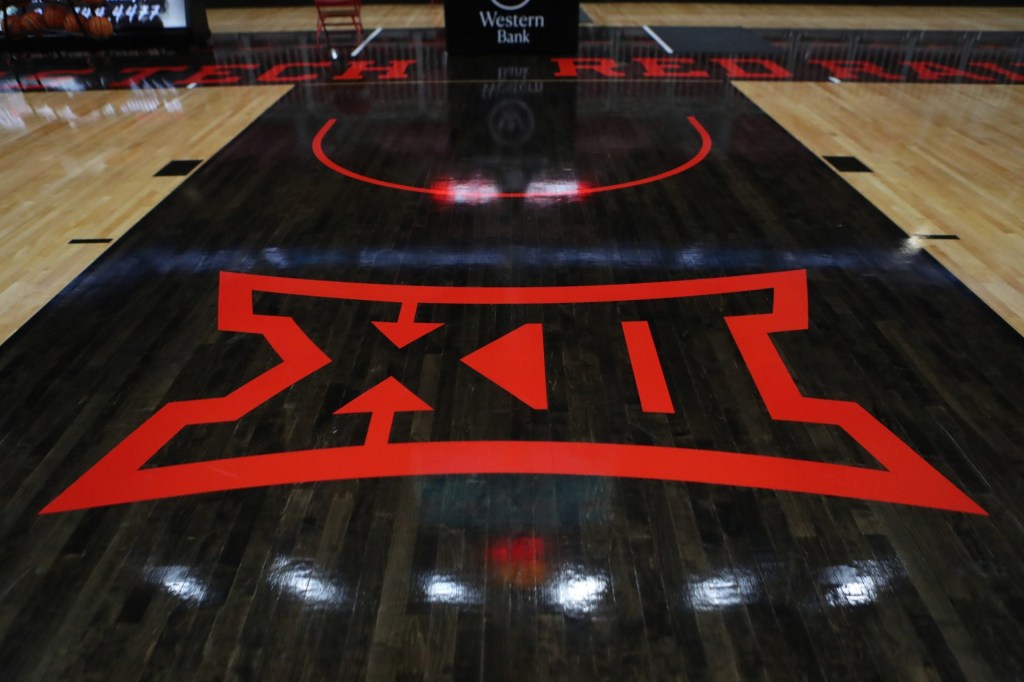President-elect Donald Trump is expected to change the political makeup of the National Labor Relations Board almost immediately upon taking office on Jan. 20. As Inauguration Day approaches, college athlete unionization efforts are dying off—at least for now.
On Friday, the National College Players Association, a college athletes’ rights advocacy group, announced a request to withdraw its unfair labor practice charge against USC, the Pac-12, and the NCAA. The NCPA argued USC football and basketball players had been illegally classified as amateurs, rather than employees. The news comes less than two weeks after the union representing Dartmouth men’s basketball players withdrew its unionization petition from the NLRB.
A judge must now approve the withdrawal request.
While the Dartmouth and USC cases were slightly different from each other, the outcome of an athlete win would’ve been the same: Certain Division I players would have been deemed employees, with all the rights and benefits afforded by U.S. labor laws.
The athlete employee movement isn’t dead yet, but it has now lost two of its main legal mechanisms. The one major case over athlete employment remaining is Johnson v. NCAA case, which is being heard outside the NLRB in federal court.
“Student-athlete leaders from all three divisions are opposed to becoming employees and the NCAA is making changes to deliver more financial benefits to student-athletes, but there are issues such as employment [that] can only be addressed by Congress,” the NCAA said in a statement to Front Office Sports. “The Association looks forward to working with student-athletes and lawmakers to set a stable, and sustainable future for all 500,000 student-athletes.”
The timing is unsurprising, given the NLRB is expected to become much less amenable to labor unions and other pro-labor causes under a Trump administration.
During the Biden administration, the NLRB was friendly to the athlete-employment cause—and both the Dartmouth and USC cases appeared to trend in the athletes’ direction. NLRB general counsel Jennifer Abruzzo said she believes college athletes should, in many circumstances, be deemed employees with the right to unionize—and the NLRB took up the USC case at her direction.
An administrative law judge heard weeks of testimony this past winter in the USC case, but had yet to issue a decision at the time of withdrawal. Dartmouth players’ petition request was granted by a regional director, and the players voted 13-2 to unionize in March. The university appealed the ruling, which was still awaiting a decision at the time of withdrawal.
But the incoming Trump administration is expected to flip the national board’s pro-labor leaning, as well as replace Abruzzo with a more employer-friendly GC. The movement for athletes to become employees, which was strong just one year ago, will face challenges in Congress in 2025 as well.
Neither the NCPA nor the Dartmouth union cited politics in their requests for withdrawal. The NCPA’s reasoning cited changes to the college sports landscape, including that several states had passed laws that would allow universities to directly pay athletes, and that the House v. NCAA settlement would allow for a revenue-sharing structure if approved in April.
“These developments do not negate facts established during the trial and cannot be considered evidence for the purposes of this case,” the petition said. “However, the NCPA believes that it is best to provide adequate time for the college sports industry to transition into this new era before football and basketball players’ employee status is ruled upon.”
Both the Dartmouth players’ union, the Service Employees International Union Local 560 chapter, and the NCPA, have signaled their continued interest in advocating for athletes’ rights. In a statement in December, SEIU Local 560 president Chris Peck said the organization would continue to look for ways to support college athletes’ right to unionize in the future.
But for now, the movement appears to be stalling.
A USC Athletics spokesperson told Front Office Sports in a statement: “The university agrees this case should be dismissed because it has no merit. The evidence presented during the NLRB hearing confirmed that our student-athletes should not be classified as employees.”
A representative for the Pac-12 declined to comment.








![[Subscription Customers Only] Jun 15, 2025; Seattle, Washington, USA; Botafogo owner John Textor inside the stadium before the match during a group stage match of the 2025 FIFA Club World Cup at Lumen Field.](https://frontofficesports.com/wp-content/uploads/2026/02/USATSI_26465842_168416386_lowres-scaled.jpg?quality=100&w=1024)








